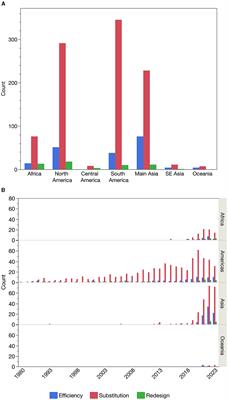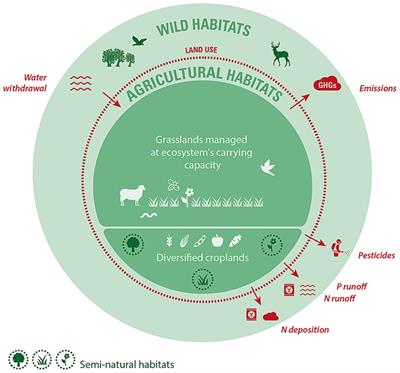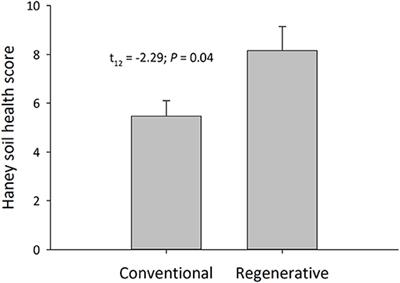EDITORIAL
Published on 11 Dec 2024
Editorial: Breathing new life into farming: illuminating the socio-ecological benefits of regenerative agriculture
doi 10.3389/fsufs.2024.1515184
- 459 views
26k
Total downloads
225k
Total views and downloads
EDITORIAL
Published on 11 Dec 2024
ORIGINAL RESEARCH
Published on 09 Oct 2024

OPINION
Published on 11 Jun 2024

REVIEW
Published on 16 Feb 2024

ORIGINAL RESEARCH
Published on 10 Aug 2021

REVIEW
Published on 26 Oct 2020
